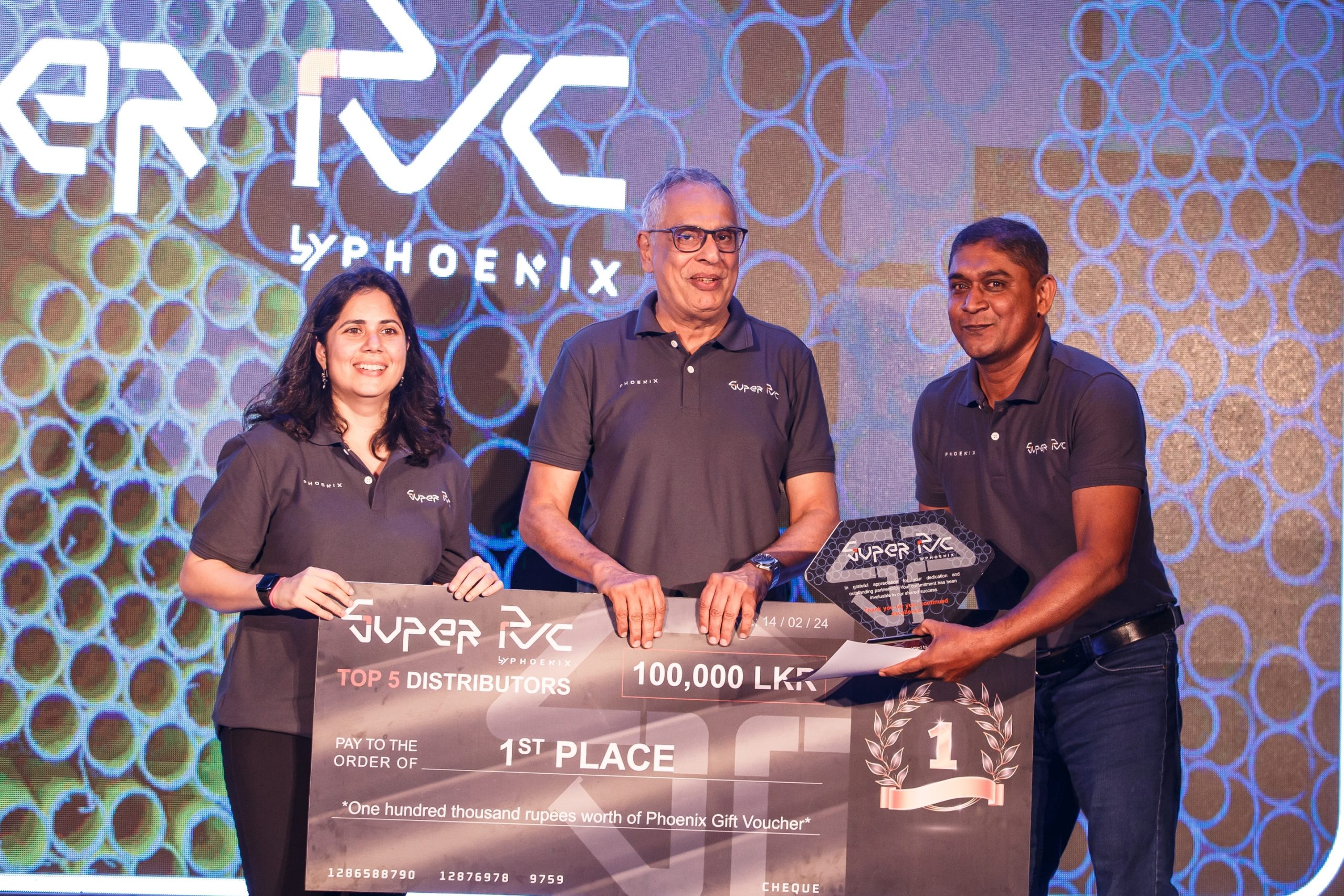With the acquisition of the first American podcast this week, Spotify is now positioned as the world’s leading player and is accelerating the transformation of this format, arousing some resistance in the process.
In just 16 months, the Swedish audio platform has invested more than $ 600 million, mainly in content editors, to go from anecdotal actor to a major giant.
On Tuesday, she announced that she had acquired the exclusivity of the No. 1 podcast in the United States, the Joe Rogan Experience,” which claims 190 million downloads per month, for more than $ 100 million, according to the Wall Street Journal. Shortly after the announcement, the director of a big podcast texted me: game, set, and match. It’s hard to argue with him, commented Nicholas Quah, creator of the Hot Pod blog.
According to MIDiA Research, Spotify had already overtaken Apple, a historical benchmark, as the first podcast listening medium in the first quarter in North America and the United Kingdom. They managed to get things done really quickly, observes Mark Mulligan, director of MIDiA Research.
Nonetheless, the direct impact is so far low, he says, estimating that podcasts currently only account for 1% of Spotify’s revenue, in advertising. The podcast is Spotify’s big bet to diversify its income, he explains. But it’s going to take a long time to get there.
The economic model is favorable to it in the long term, because if it has spent colossal sums to build its own production, the platform does not pay rights to podcasters, unlike music.
Another advantage, in its free version, Spotify places advertisements with podcasts, without any of this money going to the creators, underlines Nick Hilton, co-founder of the British podcast production house Podot.
Therefore, he said, I would not be surprised if the acquisition of Joe Rogan triggers a backlash.
Disturbed ecosystem
Fuck Spotify and any podcast that you can only listen to on an app, reacted on the day of the announcement on Twitter, Marco Arment, creator of the podcast platform Overcast.
The former of the format but also many current users are very attached to the open architecture, which has long allowed any platform to offer all podcasts.
But for a little over a year, newcomers have been trying to stand out with exclusive content, in the first place Luminary or Majelan, which bet on a paid subscription formula, another stone in the pond. To some extent, we should be concerned that Spotify is succeeding in locking down entire swathes of this open ecosystem, Marco Arment warned in his podcast, Accidental Tech Podcast. It wouldn’t be good at all if we got to the point where to monetize your show, you had to go through Spotify, he continues.
The fear applies to podcast producers, who would be deprived of part of the advertising revenue captured by Spotify, but especially for competing platforms, whose very survival could be at stake.
Unlike Luminary, which Bloomberg recently claimed to have only 80,000 subscribers, Spotify had, even before embarking on the podcast, a portfolio of over 200 million users?
The other heavyweights, public radio NPR, radio giant iHeart, or the New York Times do not practice this policy of exclusivity and are available everywhere to the 104 million or so Americans who listen to at least one podcast through months (37% of the population according to Edison Research and Triton Digital).
In addition to Luminary, Stitcher or Castbox, Nick Hilton sees some of the giants of the tech rise in power, in particular Amazon with Audible, already well positioned, but also Apple, of which he awaits an entry in the production of audio content.
The general opinion is that while Spotify worries more than one podcast player, it does not threaten the diversity of content.
The advertising cake is already limited to less than 1% of podcasts, which today number more than a million according to the search engine Listen Notes.
Behind the most popular programs, many others rely on direct financial contributions from listeners, mandatory or not. And the rest has always been amateurs who invest time, but no money, and do not derive any income from their podcast, recalls Nick Hilton. It will be a combination of big and small, anticipates Mark Mulligan, a more segmented market, but not just one or the other.





















